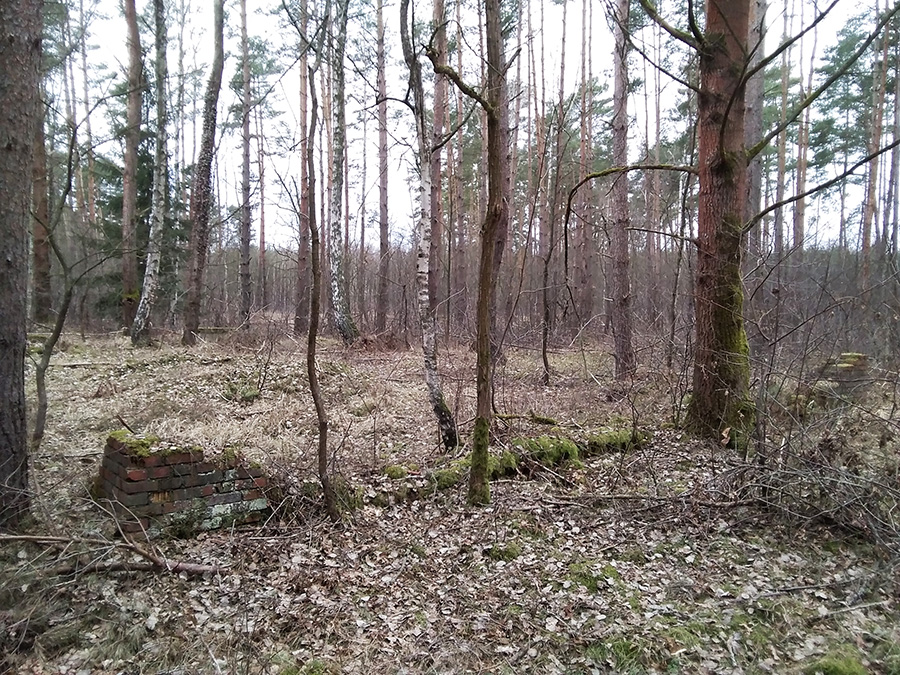An interdisciplinary team of scientists from the Wroclaw University of Life Sciences and the University of West Bohemia in Pilsen will investigate branches of German concentration camps, including those in the Lower Silesian Forests. The aim of the search is to find forgotten and secret graves of Nazi victims and to assess material evidence of the living and working conditions of prisoners.
The project ‘Bioarchaeology and Archaeology of Landscapes of National-Socialist Repression: A Central and Eastern European Perspective’ is funded by the National Science Centre under the OPUS 22 + LAP competition.
The researchers’ first aim is to assess the material evidence concerning the entanglement of the Nazi ‘camp country’ in war production and military logistics. Hundreds of camps were closely linked to various industrial facilities and military installations. Two exemplary ‘camp landscapes’ have been chosen to analyse the ways in which this system operated, as well as the living and working conditions of prisoners of war, concentration camp inmates and forced labourers.
The scientists will study the area around the town of Holýšov in western Bohemia, with the remains of several camps related to munitions production (including the KZ Flossenbürg sub-camp). In Poland, they will research the area of Bory Dolnośląskie in western Poland, where material traces of branches of KZ Gross-Rosen related to the operation of the military complexes located there have been preserved.
The second and equally important aim of the project is to find forgotten/hidden graves of Nazi victims. In the Bory Dolnośląskie the search will be undertaken for the graves of prisoners of the Gross-Rosen Concentration Camp from the branches in Iłowa (Żagań district) and Trzebień (Bolesławiec district). In the Czech Republic, research will focus on the graves of prisoners who died during the Death Marches in the district of Tachov in early 1945. A similar site will be investigated in western Poland in the Żary district.
Arkadiusz Słomczyński





